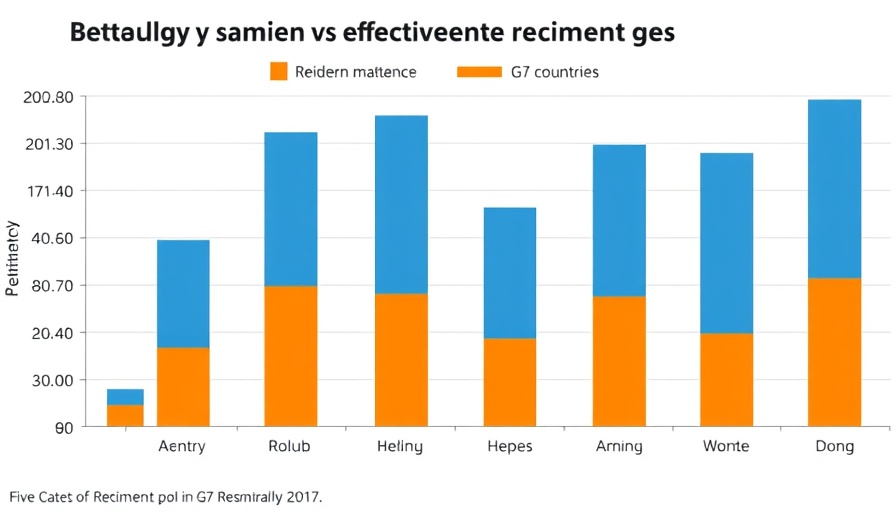
Justice Department Probes Chicago's Racial Hiring Practices
The recent decision by the U.S. Department of Justice (DOJ) to launch an investigation into Chicago's hiring practices has sparked intense public debate, particularly among those who prioritize equitable workforce practices. Mayor Brandon Johnson, who on numerous occasions has emphasized diversity within his administration, finds himself under scrutiny following comments made at a local church.
During a Sunday event at the Apostolic Church of God, Johnson highlighted several high-level positions held by Black workers, claiming that his administration reflected the racial diversity of Chicago. These remarks included specific titles such as the deputy mayor for planning and development and the chief operations officer, drawing attention from the DOJ.
Understanding Title VII and Its Implications
The DOJ's investigation focuses on whether the city has violated Title VII of the Civil Rights Act, which prohibits employment discrimination based on race, color, religion, sex, or national origin. Assistant Attorney General Harmeet Dhillon stated that the investigation arises from concerns over potential hiring decisions made solely based on race. This intervention raises serious questions about initiatives meant to promote diversity within organizations and the fine line leaders must navigate to avoid accusations of reverse discrimination.
The Impact of Workforce Strategy on Employee Engagement
For CHROs and Chief People Officers, the implications of this investigation resonate beyond Chicago's city hall. It serves as a cautionary tale for workforce strategy and talent management on a broader scale. While striving for a representative workforce is a noble goal, leaders must ensure that such pursuits do not infringe upon merit-based hiring practices. Effective employee engagement stems from a culture that balances diversity with performance-driven leadership, promoting an environment where all employees feel valued while being evaluated on their capabilities.
Looking Forward: Balancing Diversity and Meritocracy
This situation reminds organizational leaders of the need for a delicate balance in succession planning and employee retention strategies. Future policies should emphasize commitment to a high-performance culture without compromising accountability or fairness. As the investigation unfolds, it provides an opportunity for dialogue surrounding the core principles of people-first leadership, suggesting that diversity and meritocracy need not be mutually exclusive but rather can coexist in a strategy that empowers all employees.
As the eyes of the nation turn to Chicago, the ongoing discourse surrounding diversity in hiring practices will likely influence broader workforce trends across the country, emphasizing the importance of thoughtful leadership in shaping tomorrow's workplace.
 Add Row
Add Row  Add
Add 




Write A Comment